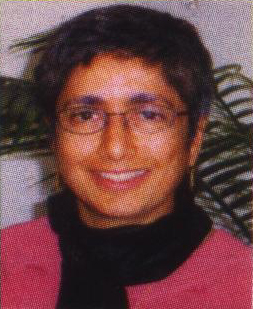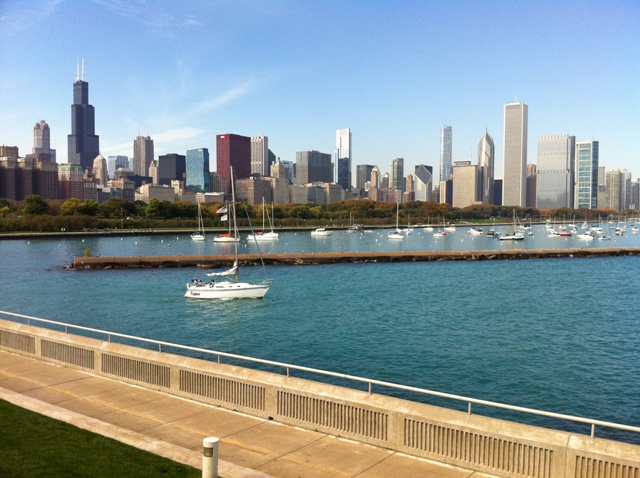Bharuchi Vahora Patel – In America
Ali Adam Bhim
Bharuchi Vahora Patel families are mainly concentrated in Chicago, Houston and New York. Elsewhere, there are a few isolated Vahora families.
The first immigrants came in 1965. These included Vali Patel and Yakub Ahmed Karkun, a Civil Engineer of Dahegam, who both came as students. In 1967, Abdus Samad of Devla came as a student. Dawood Patel of Karmad and Abbas Patel of Devla arrived in 1968. In 1969, Ali Bhim of Tankaria came as a green card holder. Muhammad Nanlawala of Nabipur and Rashid Patel of Paguthan came in 1970. In 1972 Ahmed Vakil of Dasan came as a green card holder.
Iqbal Ali Musa, originally from Kolavana, lives in New Jersey. According to the information given by him, there are about 100 Bharuchi Vahora Patel families living in New Jersey, New York, which include Mehboob Bangalawala of Nabipur and Ibrahim Patel of Ikher.
There are about 14 families in Houston, Texas with a total Bharuchi Vahora Patel population of 125. There are some accountants, doctors, pharmacists and teachers among the Bharuchi Vahora Patels.
Some Bharuchi Vahora Patels have flourishing businesses. Musa Dakri of Valan is a prominent banker. He owns 11 branches of the Wallis State Bank of Houston. Ali Adam Bhim is a well-known self-employed business consultant and tax advisor, preparing paperwork relating to income tax for his numerous clients. He also helps the local mosques in the preparation and presentation of their annual accounts.

In Lafayette, Colorado, Dr Naseem Abdurrahim Munshi of Manubar runs a worldwide business in Composite Technology Development. She has received an award for her contribution in this field. She has been associated with the NASA space research organization for well over twenty years.
Yusuf Patel of Vesadara is a chemist. Yusuf Patel and Ali Adam Bhim are both community workers who are associated with the masjids and other social projects in Houston.
There are no community centres or old peoples’ homes managed by Bharuchi Vahora Patels. Bharuchi Vahora Patels in America are not actively involved in politics.
We find a generation gap between the elders and youth. The young people find the family norms too restrictive. They do not accept arranged marriages. The divorce rate is also rising. Some of them abuse Facebook and mobile phones.
The Bharuchi Vahora Patels of America are normally hard working, doing their own work and not interfering in each other’s business. They are making steady progress in various fields. On social occasions, people come together and help one another, but unplanned visits are not encouraged here. If you want to visit friends or relatives, you have to inform them in advance and make an appointment.
Despite all this, as far as family values, life style and self-reliance are concerned, Bharuchi Vahora Patels are ahead of other communities settled here from India and other parts of the world. They not only work hard to earn a better living and improve their standard of life, but at the same time devote considerable time to preserve and promote their own religion and culture and improve their akhirah (hereafter).
Advocate Ahmed Patel of Dasan lives in Chicago and is active in the social life of that town. He went to America as a green card holder in 1972 and even now runs his advocacy business there.

During his short visit to this country, we had the opportunity to see him at the residence of Dr Muhammad Patel of Ikher in Blackburn and discuss with him the condition of the Bharuchi Vahora Patels in America. He made a couple of observations which are interesting. First, he said that the Bharuchi Vahora Patels living in America are hardworking and are busy in their own businesses or employment. The number of people sitting at home and doing nothing is far less in comparison. The other observation he made was about the social structure, which he said is getting disintegrated due to the powerful influence of the mainstream culture and life style. Inter-caste marriages are on the increase and family values are fast disappearing.
